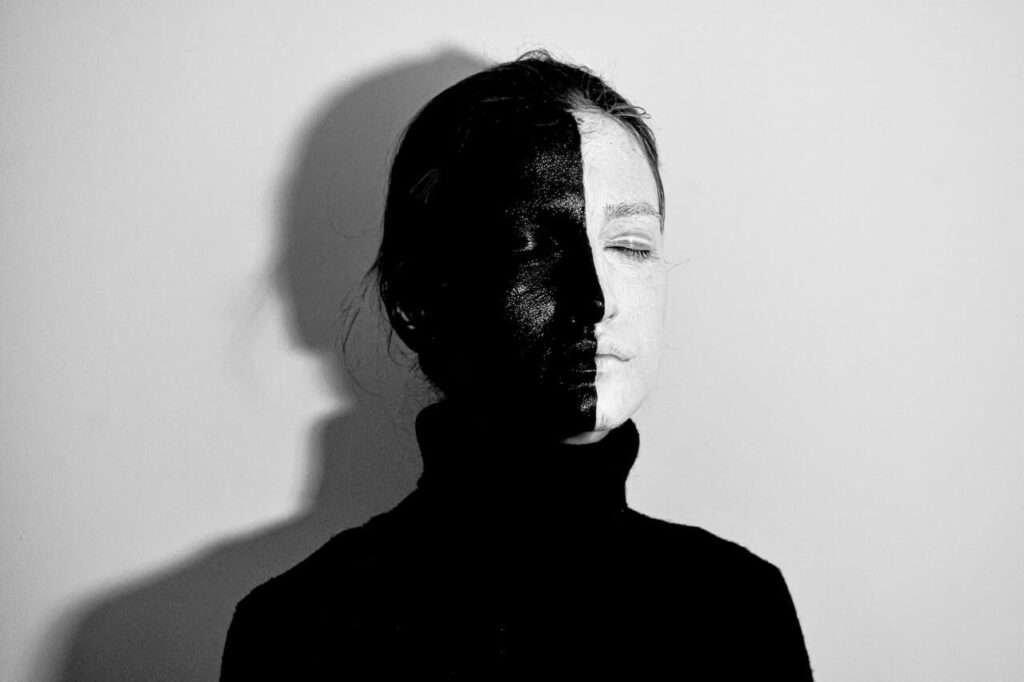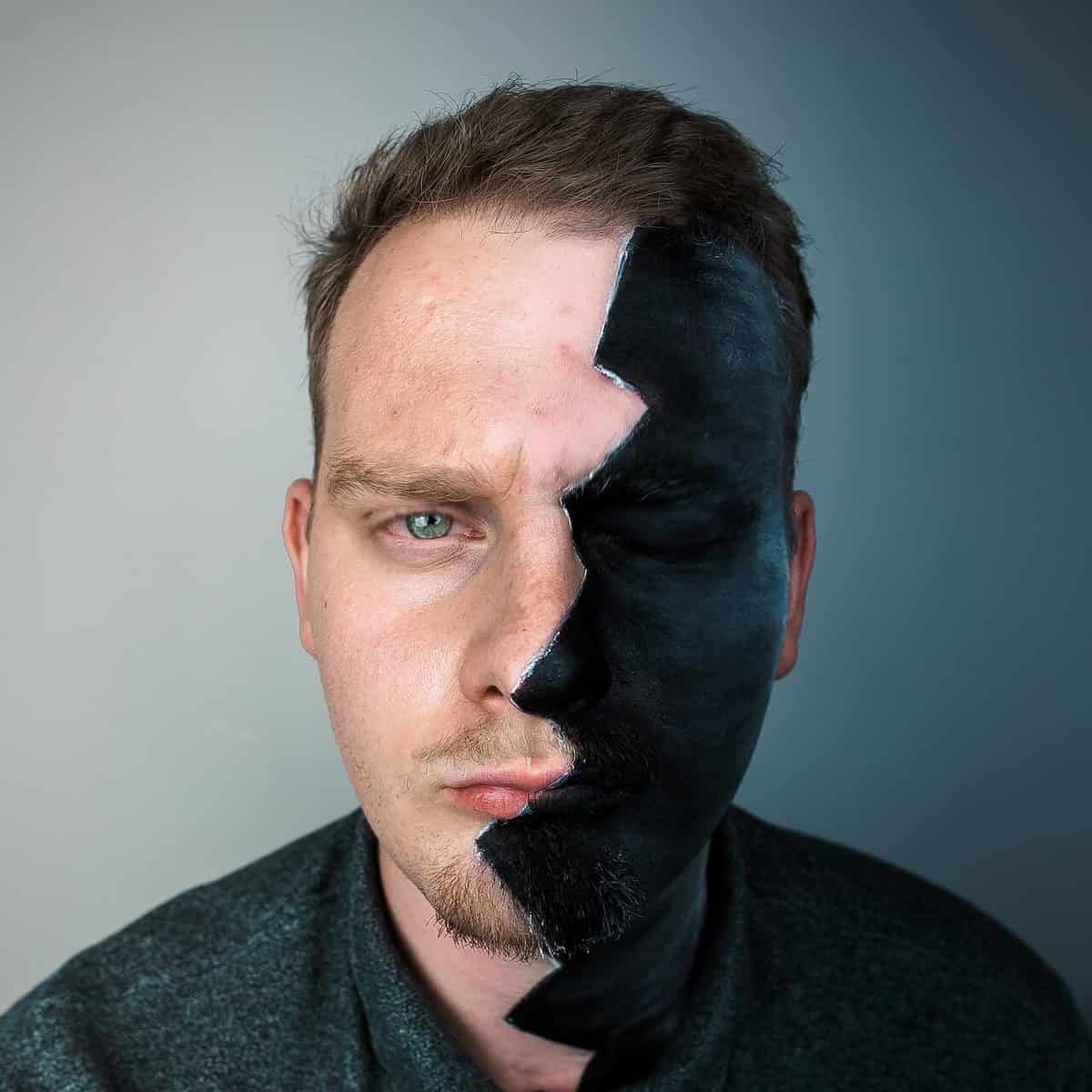
Multiple Personality Disorder or Dissociative Identity Disorder (DID) is a psychological disorder in which a person’s identity is separated from two or more different personality states, Also known as multiple personality disorder. People with this rare condition are often severely abused.
Definition – Dissociative identity disorder (DID) is a severe condition in which two or more distinct identities, or personality states, are present in—and alternately take control of—an individual. Some people describe this as an experience of possession. The person also experiences memory loss that is too extensive to be explained by ordinary forgetfulness.
Instead of promoting a separate personality, DID is the manifestation of multiple identities of the same person through the fragmentation of identities (separate personalities), this complication is not caused by any direct psychological or drug effects. The term DID was coined in 1994 as “Multiple Personality Disorder”.
In order to change that situation, a better understanding of the change of situation, that is, separation or development should be made to understand that there should be a single identity and not separate identities. Since DID have been reported sporadically but is now becoming more common, the diagnosis has also become controversial.
Because DID patients can be readily hypnotized, some believe that their symptoms are biological, meaning that they arise in response to therapists’ suggestions. However, brain imaging studies have also confirmed identity transitions in some patients.

DID reflects the integration of different aspects of identity, memory, and consciousness, or multidimensional automatism. In controlling this, each individual changes, after he is convinced that he has a specific history, self-image and identity. This disease includes characteristics that vary with elements that include name, age, gender, vocabulary, general sense, and major mood. Stressors can cause specific changes. Different identities appear to deny knowledge of each other, criticize each other or even open conflict.
According to Western scholars, identities are said to control a person’s soul or other supernatural power (as a person). Many countries around the world consider this to be a normal part of the cultural or spiritual process. As narcissists, we feel that the situations we know like possession/arousal can be put into this category. Remain untaken.
Symptoms
A person must meet the following criteria to be diagnosed with multiple personality disorder
- This patient is faced with two or more distinct identities or personalities. Some cultures also describe this as an experience of possession. Also, the breakdowns of identity, self-defence, sense of behaviour, emotions, sensitivity, memory, appearance, and change in feelings.
- Distant memories are more frequent and refer specifically to personal history, including the recent past, people, places, and events. And these frequent gaps are not consistent with normal forgetting.
- These characteristics cause significant distress or clinical impairment in social, occupational, or other important areas.
Specific identities may emerge in specific situations. Shifting from one identity to another is often triggered by stress. In cases of DID confusion, an alternate identity is visible to the people around the person. In cases of invisibility, many people do not exhibit changes in identity for long periods of time.
They say that they monitor their processes instantly. They can perform various behaviours, and in some cases, these voices may seem beyond the control of an individual (Ex: voices of children, voices of spiritual power). They feel as if their bodies are suddenly changing (such as a small child, huge, and squishy), and they report a sudden shift in attitudes or personal preferences before reversing.
Maybe travelled with them but don’t remember their experiences. People’s awareness of this varies and DID patients find it difficult to minimize their symptoms even when others notice their memory deficits.
More than 70% of people with DID have attempted suicide, and suicidal behaviours are common among this population. Although treating them is critical to improving quality of life, suicide can be prevented

Treatment
The primary treatment for DID is long-term psychotherapy. Deconstructing different people and uniting them into one. Other treatments include cognitive and creative therapies. There is no specific treatment for this disorder, but herbal medicine or antibiotics are recommended to control the psychological symptoms. With proper treatment, many people who are debilitated by DID are experiencing DID improvement in their professional and personal lives, with DID functioning completely cured or making living easier.
There have been wonderful creations in Hollywood about this…
Therefore Dissociative disorders involve experiencing a disconnection and lack of continuity between thoughts, memories, surroundings, actions and identity. People with dissociative disorders escape reality in ways that are involuntary and unhealthy and cause problems with functioning in everyday life. In this case, this will be affected very badly to mental health who has DID and how around them two.
